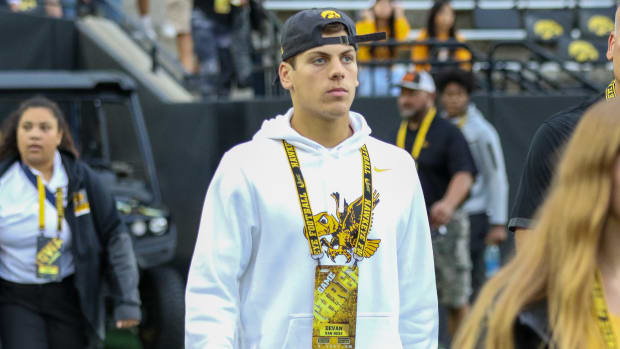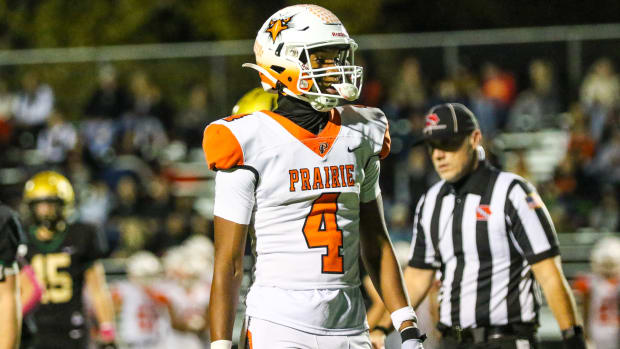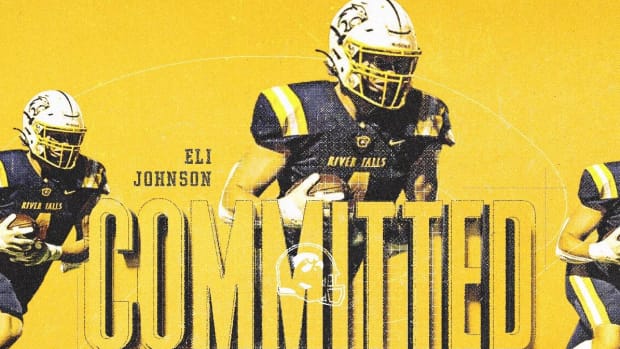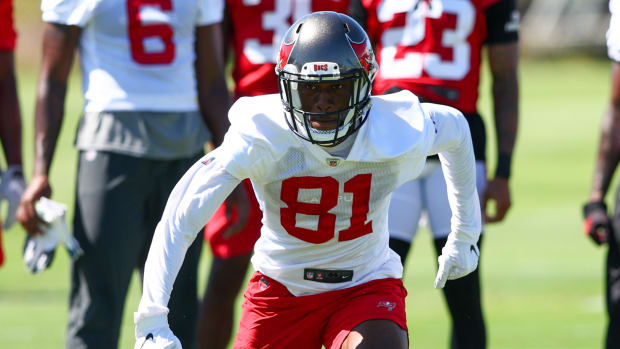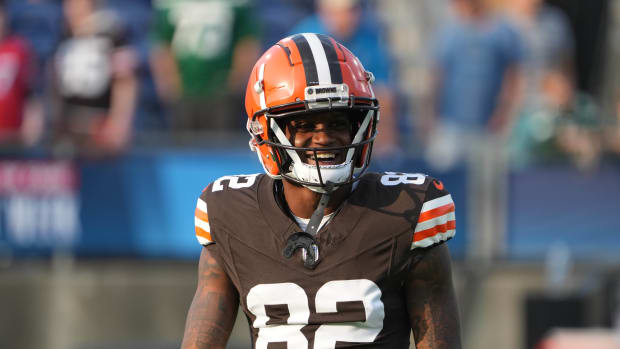Barta: Safety Will Determine Whether A Football Season Can Begin
Gary Barta is hopeful that there can be a college football season.
But the Iowa athletics director knows that the safety of everyone involved is something that has to be considered in the various scenarios for the upcoming season.
Iowa's campus, like colleges around the nation, is shut down over concerns of the spread of the COVID-19 coronavirus. Whether the campus will be open again in time for the college football season remains to be seen.
"It's a question we all have, and that is, 'Will football be back for a full season? If it is will it be at the regular scheduled time?'" Barta said on a Thursday video conference with media members. "And what I can tell you is, everybody who's involved wants to wants to make that happen. But first and foremost, and I know you hear this but I mean it sincerely, we have to know that the participants can be safe, and making sure that they're safe when they're competing in Kinnick Stadium."
Barta would not go into detail on different scenarios for how a season might look, but he said that, after conversations with Iowa coach Kirk Ferentz, there would need to be a preseason preparation time of 6-8 weeks.
But Barta said the decision will happen after discussion with health experts over whether it is safe for not just players and coaches, but for fans in the stadium.
"The other discussion is, you know, once (the players are) back ... will they be safe while they're here?" Barta said. "If we're still working at home, if you're still in your easy chair on August 1, we won't be having a football season on September 1. So, I'm being dramatic in explaining that, but there will have to be things that have occurred in our society."
Barta said he has been in numerous calls with Big Ten commissioner Kevin Warren and the conference's other athletic directors discussing scenarios.
"A big part of our discussion has been surrounding football," Barta said. "And it's going to be driven by bringing people back safely. It's going to be conversations about how long does the does a team need, how long does the student-athlete need to be safe, and prepared and come back and play a football season."
"And so we're modeling, same thing, you know, what if we come back on time? What does that look like? How soon would we have to report to camp in order to play the season as scheduled on time? If we had to push it back, how would that work and how deep into the season could we go, and still have a full season? We're modeling all of that."
Barta said he could not estimate the financial damage to the athletic department in the wake of cancellations of the winter sports championships and the entire spring sports season. He said the department would be receiving approximately $1.5 million from the NCAA, $3 million less than normal, because of the cancellations.
Barta said there will not be any employment cuts through June 30, the end of the budget year for the athletic department. He said after that there would be pay cuts and a reduction of spending.
"We know our revenue is going to be less next year," he said. "I think everybody in America (can say that) — their personal finances, their business finances. Certainly the University of Iowa is expecting revenue to be less next year. So we've we've been modeling, what if it's 10% less? What if it's 15%? What if it's 25% less? And we've begun to put together plans on how we're going to approach that and how we're going to manage it.
"We're modeling, we're preparing. We know it's going to be shared sacrifice we know it's going to be significant. But I'm not prepared or comfortable to put out hard numbers."

